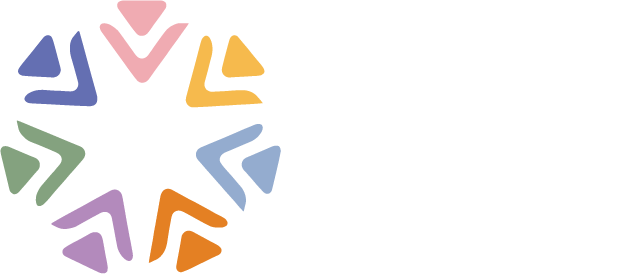We are the Diverse Elders Coalition, and we represent the growing majority of older people in this country.
Who We Are
The Diverse Elders Coalition (DEC) advocates for policies and programs that improve aging in our communities as racially and ethnically diverse people; American Indians and Alaska Natives; and lesbian, gay, bisexual and/or transgender people.
Together, we are made up of six national organizations representing a growing majority of millions of older people throughout the country: American Indian and Alaska Native Elders; Asian American, Pacific Islander, and Native Hawaiian older adults; Black and African American older adults; Hispanic and Latinx older adults; and lesbian, gay, bisexual, transgender, and queer (LGBTQ+) older adults. We have come together to promote policy changes and programmatic solutions that respond to this demographic shift and will remove the barriers facing our communities. We envision a world where all older adults can live full and active lives as they age.
What We Do
Founded in 2010, the Diverse Elders Coalition (DEC) advocates for policies and programs that improve aging in our communities as racially and ethnically diverse people; American Indians and Alaska Natives; and lesbian, gay, bisexual and/or transgender (LGBT) people. In the decades to come, the communities represented by the DEC will collectively form the majority of older adults in the United States. The DEC is working to strengthen policies and programs to enhance the health and wellbeing of diverse elders, educating and connecting diverse older adults and their loved ones to key policy debates on aging, and increasing public support for issues that affect our communities.
Our Team
We’re a team that believes in honoring our past and securing our future.
We are a community of older adults, caregivers, advocates, and more.
What brings us together is our commitment to ensuring that every older person has the opportunity to live his/her best life. We understand that aging impacts all of us, whether you are a grandparent raising a grandchild or an adult child acting as the primary caregiver to your aging parent. Successful aging matters to all of us—it’s why we do what we do.
Learn more on why we are aging advocates below
Didier Trinh (he/him)
National Director
As the second-generation son of immigrant parents from Vietnam, Didier has over two decades of policy and advocacy experience in Washington, D.C., having launched his career on Capitol Hill and building it in the nonprofit sector, including coalition management. His work spans both domestic and international issues, with a strong focus on advancing policies that promote community-led and equity-based approaches.
Ocean Le (he/him)
Programs and Communications Manager
As a first-generation student of two immigrant parents, Ocean has experienced the linguistic and cultural challenges that many diverse older adults face today. He hopes to combine his knowledge and experience to help change the public perception of aging.
Dashel Lewis (he/him)
Policy and Advocacy Coordinator
Prior to joining the DEC, Dashel was a Legislative Aide on the Montgomery County Council, where he supported an at-large council member. Dashel has also held positions at the Center for Law and Social Policy (CLASP), Congressional Quarterly/Roll Call, the City of Takoma Park, the National Institutes of Health, and Health Affairs.
DEC Executive Member Organizations

National Asian Pacific Center on Aging (NAPCA)
NAPCA is the nation’s leading advocacy organization committed to the dignity, well-being and quality of life of Asian American and Pacific Islanders (AAPIs) in their senior years.
Since 1979, NAPCA has been advocating on behalf of the AAPI aging community at the local, state and national levels; educating AAPI seniors and the general public on the unique needs of the APA aging community; and empowering AAPI seniors and the aging network to meet the increasing challenges facing the AAPI aging community. NAPCA has directly served tens of thousands of AAPI seniors who represent the fastest growing segment of the aging population in the country. From employment to welfare reform, from health care to long-term care, NAPCA gives AAPI seniors a seat at the table during a critical time when public policies threaten their dignity and quality of life.
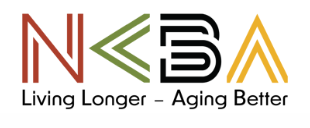
NCBA
NCBA was founded in 1970 to ensure that the particular concerns of elderly minorities would be addressed in the then-upcoming 1971 White House Conference on Aging.
Since then, NCBA has helped protect and improve the quality of life for elderly populations, making certain that legislators, policy makers, philanthropists, advocacy groups, service organizations, thought leaders and the public at-large include minority seniors in their programs, policy- and law-making, and giving. NCBA is one of the country’s oldest organizations dedicated to aging issues and the only national organization devoted to minority and low-income aging.
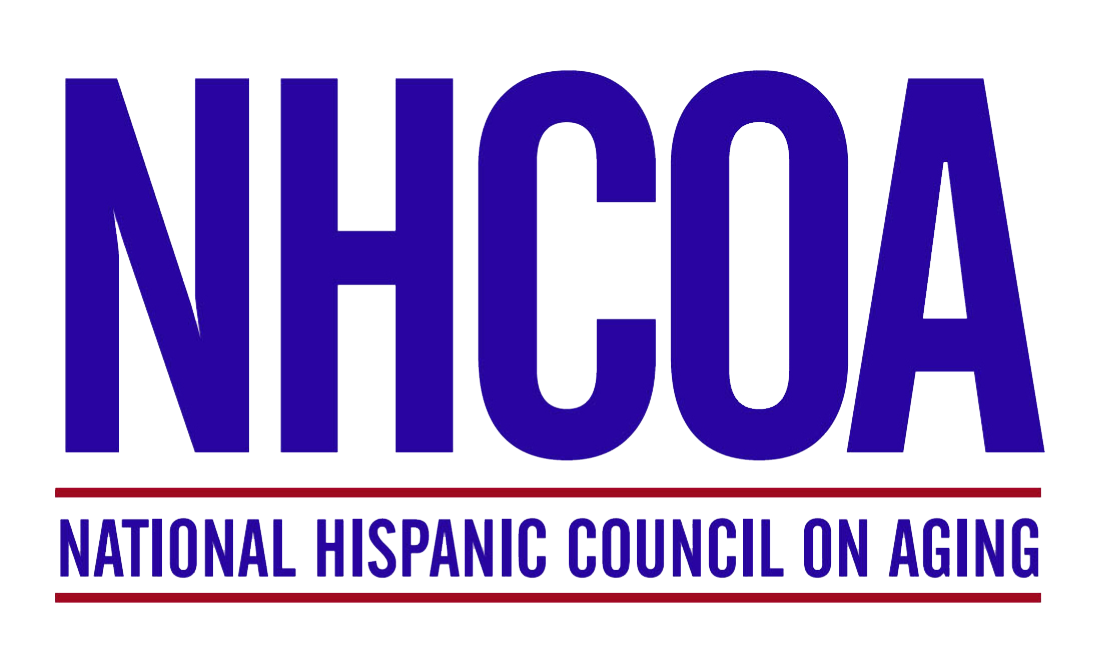
National Hispanic Council on Aging (NHCOA)
The National Hispanic Council on Aging (NHCOA) is the leading national organization working to improve the lives of Hispanic older adults, their families, and their caregivers.
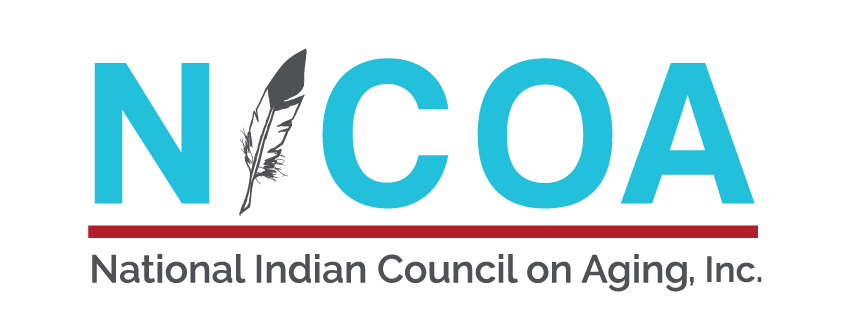
National Indian Council on Aging (NICOA)
NICOA’s objectives are:
1. Enhance communications and cooperation with community service providers and other aging organizations that represent and advocate for Native American Elders
2. Provide information and technical assistance for Native American communities to improve health care for Elders
3. Network with appropriate agencies to maximize resources and increase the efficiency and effectiveness of the service delivery systems for Elders
4. Provide information, reports and expert testimony requested by Tribal Nations and the U.S. Congress
5. Provide a clearinghouse for information on issues affecting American Indian and Alaska Native Elders.
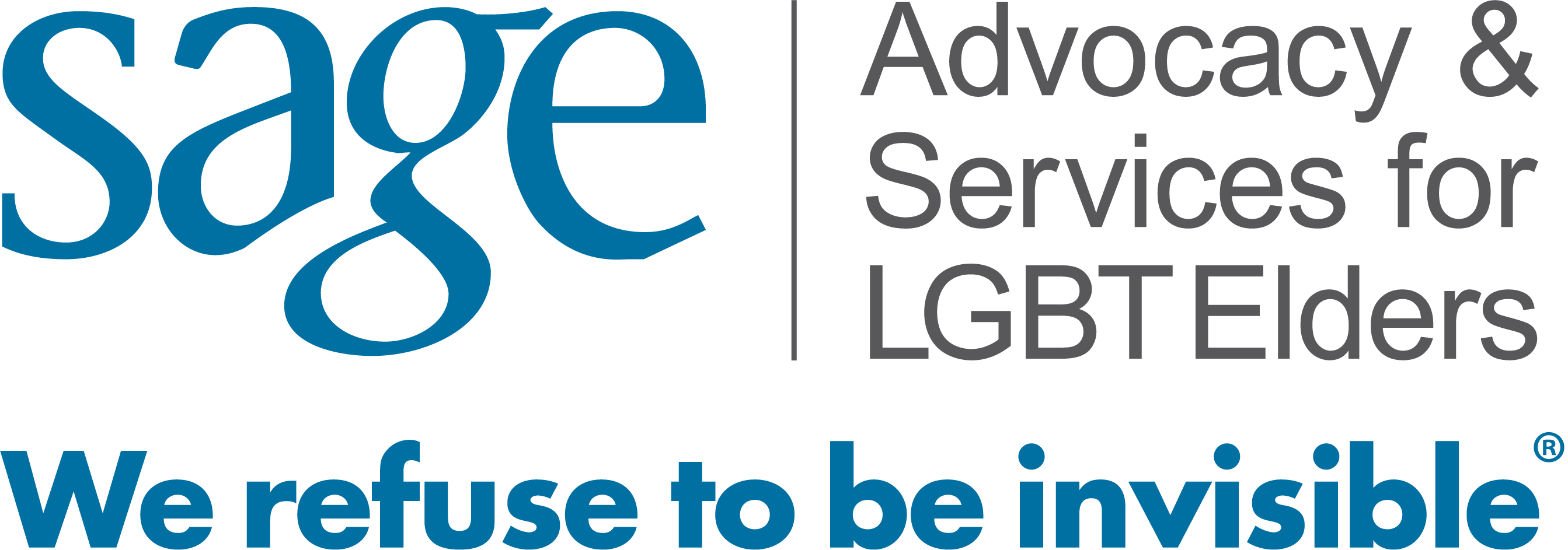
SAGE | Advocacy and Services for LGBT Elders

Southeast Asia Resource Action Center (SEARAC)
SEARAC was founded in 1979 to facilitate the relocation of Southeast Asian refugees into American society and to foster the development of nonprofit organizations led by and for Southeast Asian Americans. SEARAC has grown into an organization that strengthens the capacity of community-based organizations led by refuges from around the world. We serve as a coalition builder and leader among diverse refugee communities; carry out action-oriented research projects; foster civic engagement among refugees; and represent refugee communities at the national level in Washington, DC and the state level in California.
Diverse Elders Coalition Style Guide
The guide includes information on writing style, grammar, punctuation, spelling, formatting, branding, and other related aspects
Here is a link to the PDF Version: DEC Style Guide
